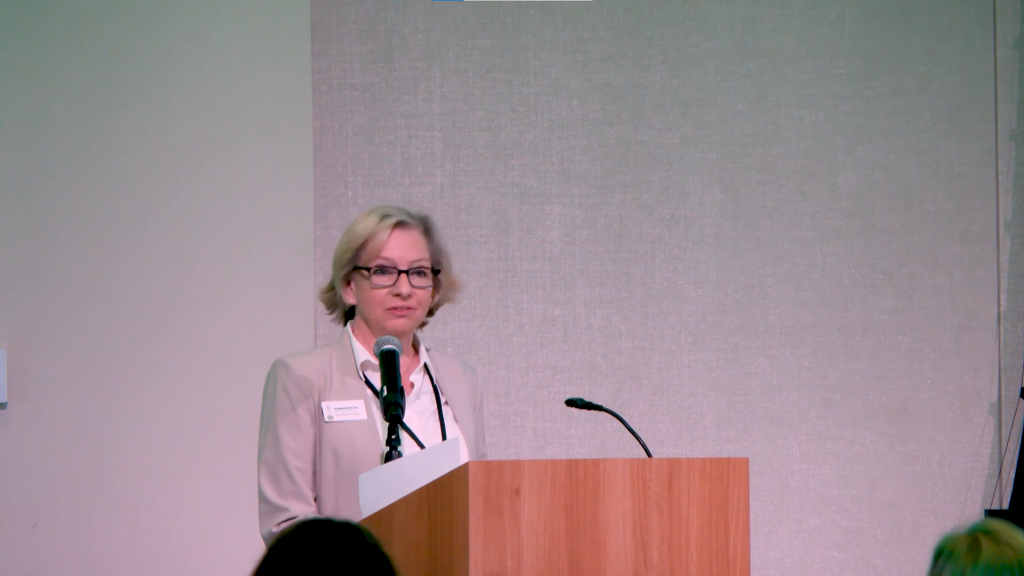
As a founding member of the Center for Plant Conservation, Missouri Botanical Garden has been banking seeds of rare plant species since 1984. The Garden’s seed bank collection currently holds accessions from 60 species in the CPC’s National Collection. We have recently been testing the quality (seed fill) and viability (germination) of all accessions in […]
Read More…

Climate change threatens plant biodiversity worldwide. Alpine plant species are particularly vulnerable to climate change, as temperature fluctuations are projected to be most severe in high elevation areas. Even small shifts in climate can have major consequences on phenology, reproduction, fitness, and community composition. Early life stages (seed germination and seedling survival) are arguably the […]
Read More…

Researchers have long recognized the importance of agaves to Mesoamerica and its cultures, the plants providing food, fiber and beverage. However, their significance to these cultures has overshadowed and distorted the plants’ role for Indigenous Peoples north of the U.S. – Mexico border. Pre-Columbian farmers grew no less than six and possibly as many as […]
Read More…

Dr. Kim McCue, Chief Science Officer of Desert Botanical Garden, welcomes attendees to our incredible 2023 National Meeting host institution, Desert Botanical Garden. She will detail the institution’s unique approach to local conservation strategy that informs global conservation action. We are delighted to have Kim give this introduction given her decades of dedicated service as […]
Read More…

The conservation of thousands of species of rare plants around the world is a daunting and challenging undertaking. Through its 73-strong network of Participating Institutions, botanical gardens, arboretums, and other institutions, the Center for Plant Conservation has created the National Collection Initiative as a model for securing seed and other genetic material of rare plants […]
Read More…




